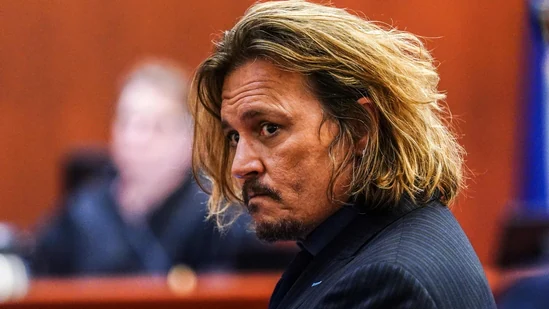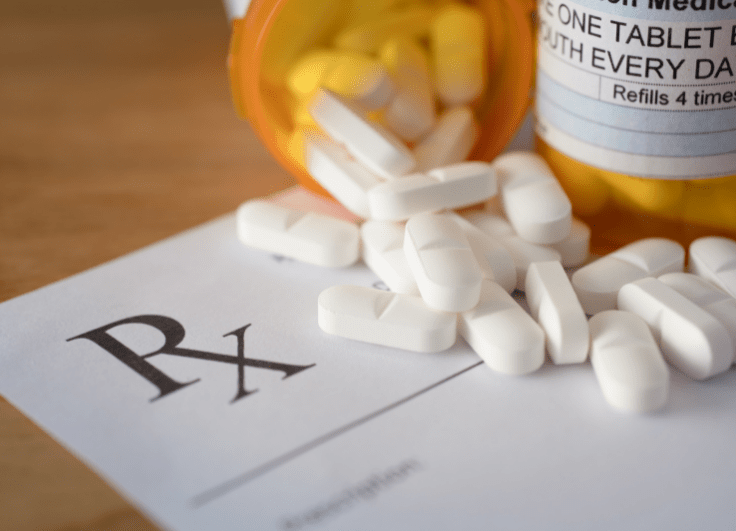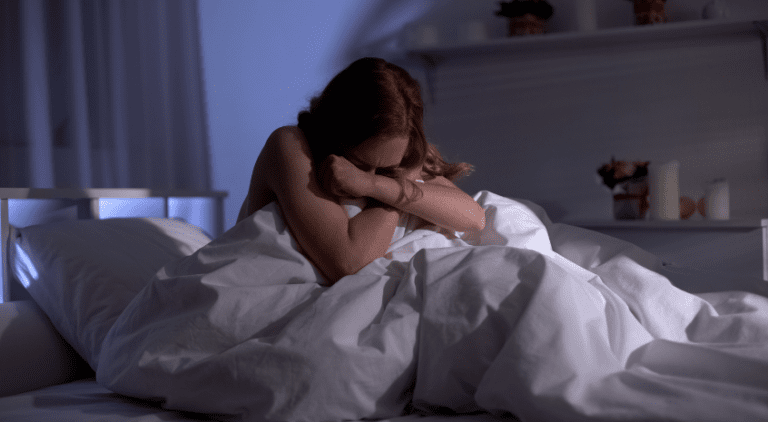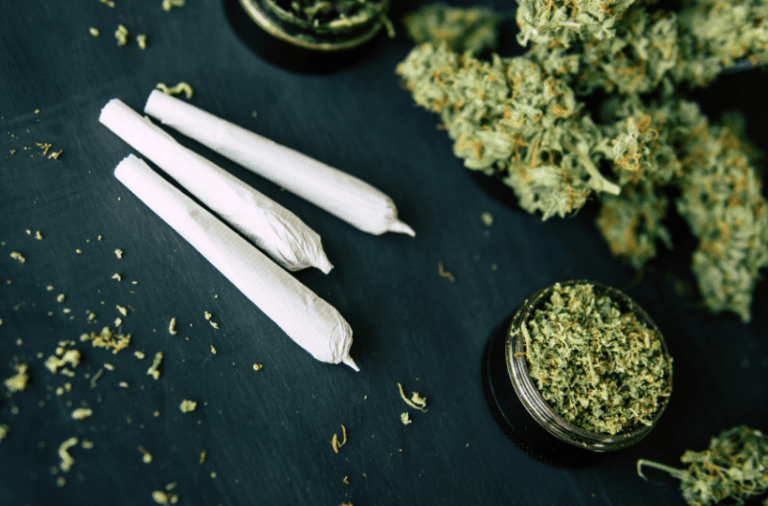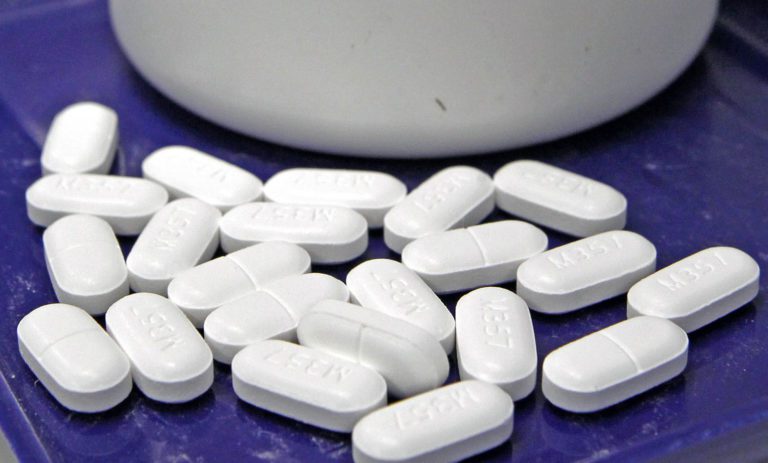Johnny Depp’s Battle With Substance Abuse: Addiction Amongst the Rich and Famous
Truthfully, the trial between Johnny Depp and Amber Heard never should have been televised.
On December 18th, 2018, actor Amber Heard was published in The Washington Post with an article detailing her experience with domestic abuse. She did not name Depp in the op-ed, but he was heavily implied as the perpetrator in Heard’s story given the couples’ presence in the media over in the years preceding the piece. Regardless of what truly happened between Amber Heard and Johnny Depp, this trial proves nothing that we didn’t already know; that it’s difficult to be a woman who comes forward with allegations about/against a powerful man.
In the wake of the verdict from this internationally streamed trial, victims of intimate partner violence everywhere are reeling at the possibility of facing further persecution at the hands of their abuser when coming forward. Albeit most survivors of intimate partner violence are not punished in the form of $15 million dollar fines or internationally televised cross-examination.
Although this case should have never been aired to the public due to its harmful effects on the ‘Me Too’ movement and other Intimate Partner Violence advocacy campaigns, one very valuable takeaway from this case that many can surely relate to is the ugliness of substance abuse and the impact that addiction can have on a family, as well as the user’s other relationships.

Throughout the trial, Amber and her team repeatedly referenced some of the only tangible evidence the defense had against Johnny: photos Amber had taken of Johnny passed out in their home. Depp’s housekeeper confirmed during the trial that in 2013 she had witnessed Johnny pass out on the beach in front of his children who were only thirteen and eleven years old at the time. Like the many times it had happened before, Depp had passed out from excessive drinking.
Heard’s team also brought forth evidence of Depp’s problematic drinking, through copies of text message threads between Johnny and Paul Bettany, actor and friend of Johnny Depp. Johnny admitted in court to taking drugs and consuming alcohol with Bettany, after being asked if they were “drug buddies”. Johnny once wrote to Bettany, “You may have to drink for me… I am an insane person and not too fair headed after too much of the drink… Weed, pills… Fine!!! Booze??? My capacity is too large and I won’t stop… Ugly and sad… Oh, how I love it.”
It’s no secret that Johnny Depp suffers with substance use disorder, particularly when it comes to alcohol. He has not been known to deny this fact, confessing publicly to Rolling Stone as early as 2008, “I’m a dumb-ass, and I poisoned myself for years” in reference to alcohol. Despite recognizing alcohol was a problem for him, Depp continued to use. For people struggling with addiction, this sentiment is all too familiar.
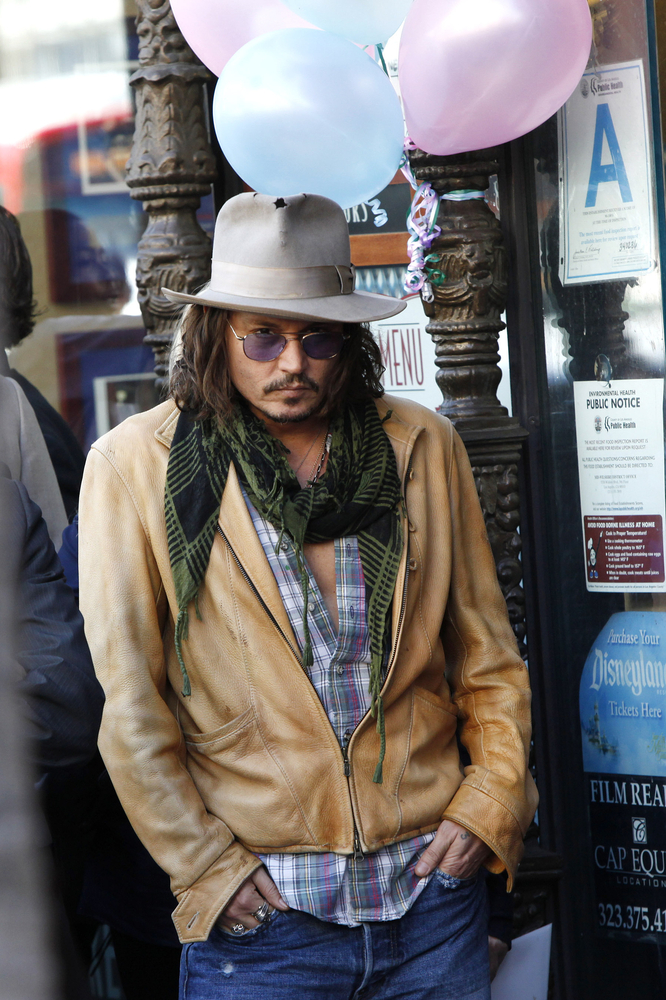
Johnny’s Dual Diagnosis
An individual who is suffering from a substance abuse problem as well as a mental health problem is said to have a dual diagnosis. Dual diagnoses can occur for a variety of reasons. Some individuals self-medicate with alcohol or drugs in order to cope with their mental health issues, while others are diagnosed with mental disorders as a result of prolonged substance abuse. Dual diagnosis cases need special attention, as the substance use and mental health disorder are interlinked, and often one cannot be treated without the other.
Johnny Depp’s battle with addiction seems to be a result of mental health issues. It was revealed during the recent trial that Depp had been diagnosed with primary dopamine imbalance, depression, ADHD, and chronic substance abuse disorder. Johnny has admitted that a large part of his battle with addiction is a result of internal struggles.
In 2008 Depp was interviewed by The Boston Globe, in which he told them a large part of the reason he “partied so hard in the 90s [was] to try and deal with his meteoric ascent to superstardom.” In 2016, Depp told People Magazine about how he “drank heavily not to have fun or for recreational purposes.” He explains, “I never had that. It was never about recreation. Not. Ever. That was never my motivation.”
Many people struggling with addiction also feel this and may find it hard or frustrating when others without dependencies on substances attribute substance use disorder to a desire just to party or have fun. For, Depp, this is clearly not the case.
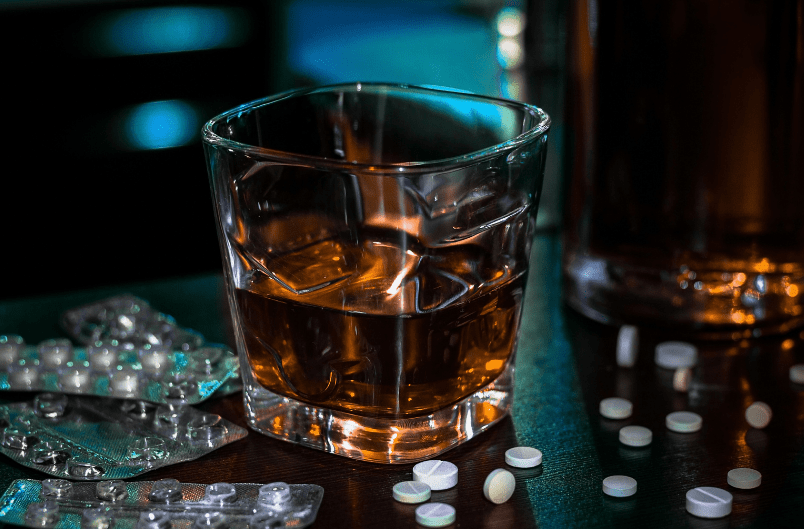
Over Prescription of Opioids in the U.S.
Another tragedy that has led most people in the United States with Opioid Use Disorder (OUD) to highly addictive drugs is the over prescription of opioids from clinicians and large for-profit pharmaceutical corporations. Depp’s physician, Dr Kipper, stated in court that the actor had a medical history of taking oxycodone for an injury and Johnny admits, “I was quite addicted to these roxycodone [sic] due to a stunt injury on a film in London.”
Previously, Depp testified that he’d gone through a painful detox process to kick his oxycodone addiction, a highly addictive opiate painkiller. If he needed help remembering incidents, he said, “I would say that for someone who has been quite self destructive for the majority of my life I ended up quite lucky that my brain still functions quite well.” It is never too late to start the recovery process.
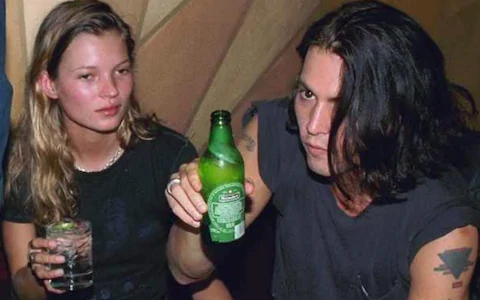
An A-List Addiction
Johnny Depp has made some pretty unpredictable decisions throughout the course of his career that were almost certainly a result of excessive drug and alcohol use. For someone like Johnny Depp in particular struggling with substance use disorder, the opportunities to behave recklessly are almost limitless.
Fame, power, and money help addicts elude responsibility and treatment far better than your average person. For Johnny, one of the most famous actors in the world, the opportunity to use drugs and behave out of hand without serious repercussions is a privilege unique to celebrities like him.
For example, Johnny Depp caused $10,000 worth of damage after destroying a hotel room in the 1990s after a reported verbal argument with his girlfriend, Kate Moss, at the time. As a wealthy and beloved actor, Depp was able to get out of the situation relatively unscathed– he told the security guard that arrived that he was more than willing to pay for everything he had broken, and given his status as world famous celebrity and actor, he was able to.
For most people though, especially most people that have been seriously affected by addiction, they do not have $10,000 lying around to spend on wrecking a hotel room due to a bad mood– and even if they did, that money would likely be going to substances above all else.
People who are addicted to drugs or alcohol are often careless with money due to the lack of motivation for much else besides using. Having money is often a trigger for people who are active in their substance abuse to return to drug use. For Depp, though, and other wealthy socialites of his caliber, money is often something that does not run out for them, providing one more barrier to getting clean.
With a seemingly limitless amount of funds, it is much harder to quit substances. For many addicts, running out of money or becoming involved in illegal activity in order to try to earn money can lead to a ‘rock bottom’ that encourages them to stop using, but for the ultra-rich, this is not an issue.
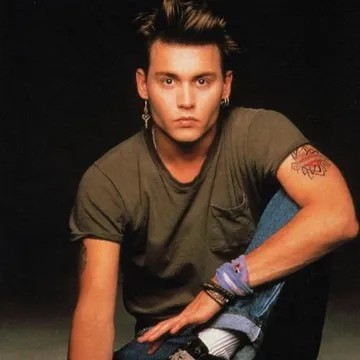
How Johnny Depp’s Money Funded His Addiction
Money can also hide the severity of addiction, which has proven to be true in Depp’s case. The public was for the most part unaware of the severity of Mr. Depp’s addiction problems until the televised trial against his ex-wife Amber Heard. During the trial, it was revealed that Johnny had in fact has a personal addiction specialist, Dr. David Kipper, traveling the world with him as a mobile detox service of sorts. Kipper testified that he traveled with Depp to help him detox from alcohol, opioids, benzodiazepines, and cocaine.
Detoxing from alcohol and/or drugs can be a very painful and even life-threatening process that many describe as hell. According to Kipper, Depp had difficulty with detox and became angry when told to take his medication as part of the detox process. Apparently Depp fired him several times, but always returned to treatment, Kipper said.
It is very common for those with substance use disorders to become agitated and hopeless with the prospect or process of treatment, often abandoning treatment, relapsing, and then (hopefully) returning eventually. It’s important to not become discouraged when this happens, as it is a part of the recovery process, no matter what your social status or financial situation looks like. Even those with access to the highest quality of treatment struggle in their recovery journey, so do not feel like you must give up on treatment if it doesn’t instantly work. The road to recovery is a process.

Oasis Recovery Can Help.
Addiction and mental health disorders can affect anyone, famous or not! If you or a loved one are currently living with one of these issues, help is available! We encourage you to reach out to the professionals at Oasis Recovery to learn more about our personalized treatment programs and mental health services. Oasis Recovery was founded from firsthand experience of addiction and recovery, with a mission of providing a space where people can heal from addiction in a compassionate, creative, open-minded, and heart-centered environment. We believe recovery is always possible. Our experts work with you to design a treatment plan that fits your needs. Common treatment programs include:
- Intensive Outpatient Programs (IOP)
- Full-time Addiction Treatment on campus
- Aftercare Services
Contact us today for more information about how our programs and services can help you get your life back on track. You no longer have to struggle with this on your own. We are here to help.



